
Lu Lu, PhD, University of Wisconsin – Madison, USA
For “her contributions to the development of high energy neutrino astronomy in the PeV energy region”.
Dr. Lu Lu is currently working at the Wisconsin IceCube Particle Astrophysics Center at the University of Wisconsin–Madison as an assistant professor in physics. She completed her PhD at the University of Leeds, UK, under the supervision of Professor Alan Watson. Her research focused on developing a novel technique to search for ultra-high-energy photons using data from the Pierre Auger Observatory. During that time, she was also at the University of Wuppertal, Germany, with supervision from Professor Karl-Heinz Kampert. Later, she joined Professor Shigeru Yoshida’s group at Chiba University, Japan, as part of the IceCube Collaboration. There, she played a leading role in the initial design of the D-Egg, a two-PMT optical module for the IceCube upgrade. She also made key contributions to the multimessenger correlation studies of the neutrino source candidate TXS0506+056 and the detection of a particle shower associated with the hadronic decay of a resonant W boson.
Her current research focuses on diffuse high-energy astrophysical/cosmogenic neutrinos from TeV to EeV, Galactic PeVatron detection in the context of multimessenger observations, and the exploration of potential transient ultra-high-energy sources. She is actively involved in IceCube outreach initiatives and has pioneered the development of an app that provides IceCube real-time alerts via augmented reality on mobile devices. Currently, she serves as co-lead of the diffuse science working group in IceCube and is one of the three representatives of the physical science group of US-SCAR (Scientific Committee of Antarctic Research).
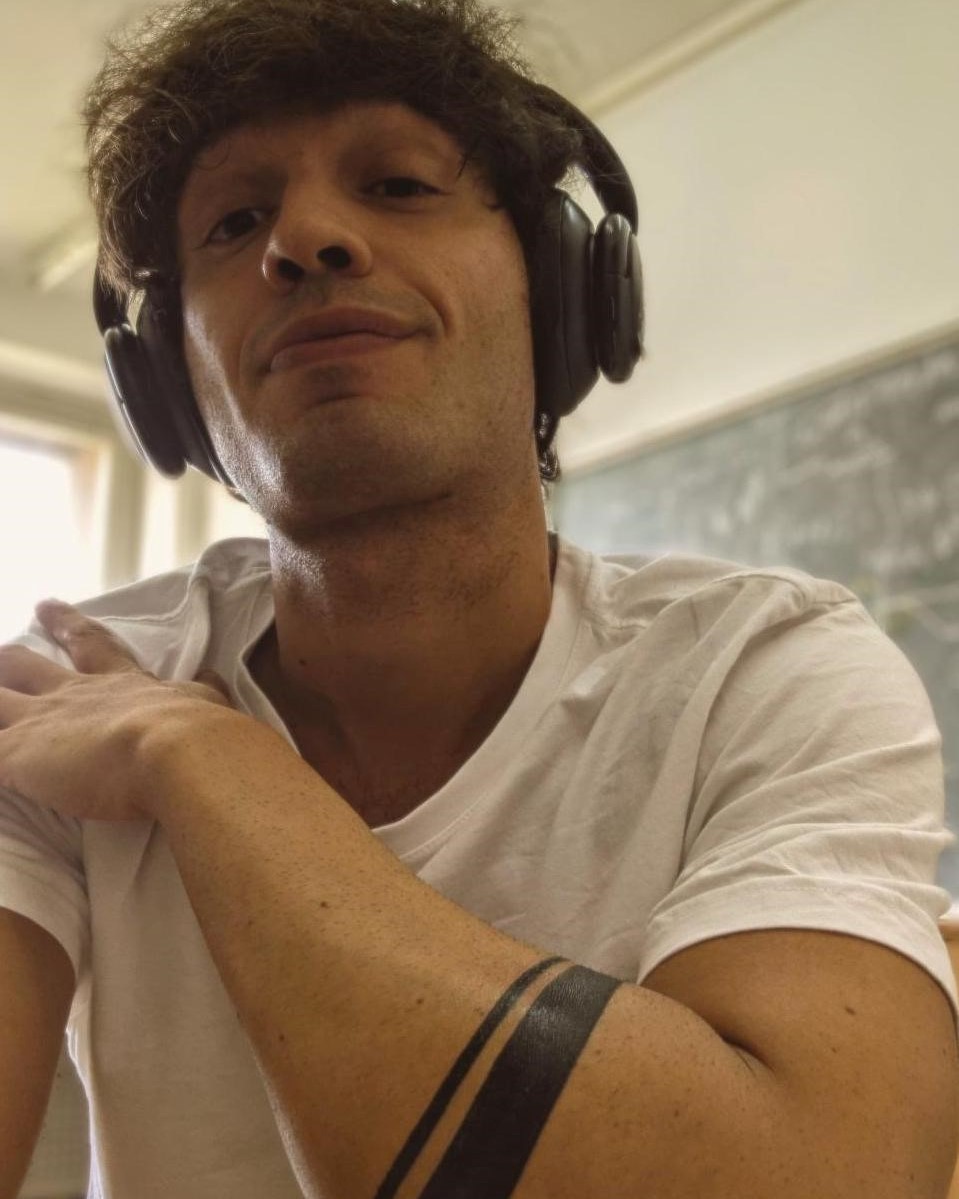
Andrea Caputo, PhD, CERN – Switzerland
For “his leading theoretical contributions to connecting beyond-Standard-model particle physics with astrophysics and cosmology”.
Dr. Andrea Caputo obtained his Master’s Degree in Theoretical Physics from the University of Rome La Sapienza. He then won an ITN Marie Curie Doctoral Fellowship and moved to the University of Valencia, Spain, where he got his PhD in 2020. His thesis, which focused on innovative ways to investigate beyond the standard model physics, mainly dark matter and neutrinos, got the Best Thesis Prize of the University. He then moved to Israel where he held a joint postdoc position between Tel Aviv University and Weizmann Institute. After 2 years in Israel, he joined CERN Theory Division in Geneva, where he is currently a Senior Fellow.
Andrea’s research focuses on the use of a variety of astrophysical probes to shed light on dark matter properties. Among the other things, he pioneered the use of line intensity mapping to detect axion dark matter, the use of Low-Energy Supernova to discover new physics at the ~MeV scale, as well as the use of Lyman-alpha lines to single out dark matter energy injections in the interstellar medium. For his research, Andrea won various grants and prizes, including an Individual Marie Curie Fellowship and the “Giuliano Preparata Prize” from the Italian Society of Physics.

Carlos Arguelles Delgado, PhD
Harvard University, USA
Dr. Carlos Arguelles, received the 2021 IUPAP Early Career Scientist Award during the 37th International Cosmic Ray Conference held virtually in Berlin, Germany for “fundamental experimental and phenomenological contributions to neutrino physics through IceCube detector including search for new physics.”
Carlos Arguelles is currently working at the Harvard University in Boston, USA as an Assistant Professor. He completed his Ph.D in 2015 under the supervision of Professor Francis Halzen at the University of Wisconsin in Madison, USA. Throughout his career Carlos has received several fellowships including the Sloan Research Fellowship in 2021. His major contributions include the development of a new method to search for dark matter through an asymmetry in the arrival direction of astrophysical neutrinos; the use of flavor of astrophysical neutrinos to explore for new physics; and the intellectual leadership of a multi-year program to search for evidence of sterile neutrinos. He has been the driving force for a dazzling range of uses of IceCube data covering sterile neutrinos, dark matter, and tests of fundamental symmetries and neutrino physics beyond the Standard Model.
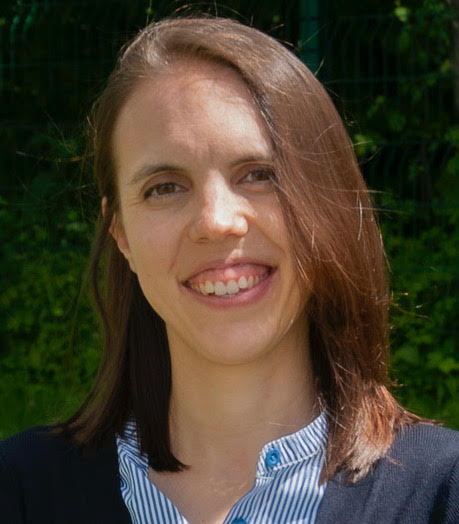
Francesca Calore, PhD
LAPTh, CNRS, Annecy, France
Francesca Calore is currently serving at the LAPTh, CNRS in France. She completed her Ph.D at University of Torino in Italy under the joint supervision of Professor Fiorenza Donato and Dr. Torsten Bringmann in 2013.
Dr. Francesca Calore, received the 2021 IUPAP Early Career Scientist Award during the 37th International Cosmic Ray Conference held virtually in Berlin, Germany for “outstanding contributions to the phenomenology of dark matter searches that highlight its connections with diverse messengers.”
Francesca Calore is currently working at the LAPTh, CNRS in France. She completed her Ph.D at University of Torino in Italy under the joint supervision of Professor Fiorenza Donato and Dr. Torsten Bringmann in 2013. She has been recipient of several prestigious fellowships during her illustrious career. Her research activity focuses on dark matter phenomenology and indirect searches, at the interface between high-energy particle physics and high-energy astrophysics. In particular, she has developed the modelling of expected dark matter annihilation gamma-ray signals, the study of astrophysical backgrounds affecting dark matter searches through gamma rays from misaligned AGNs and Galactic pulsars – and the analysis of gamma ray data from Fermi-LAT.
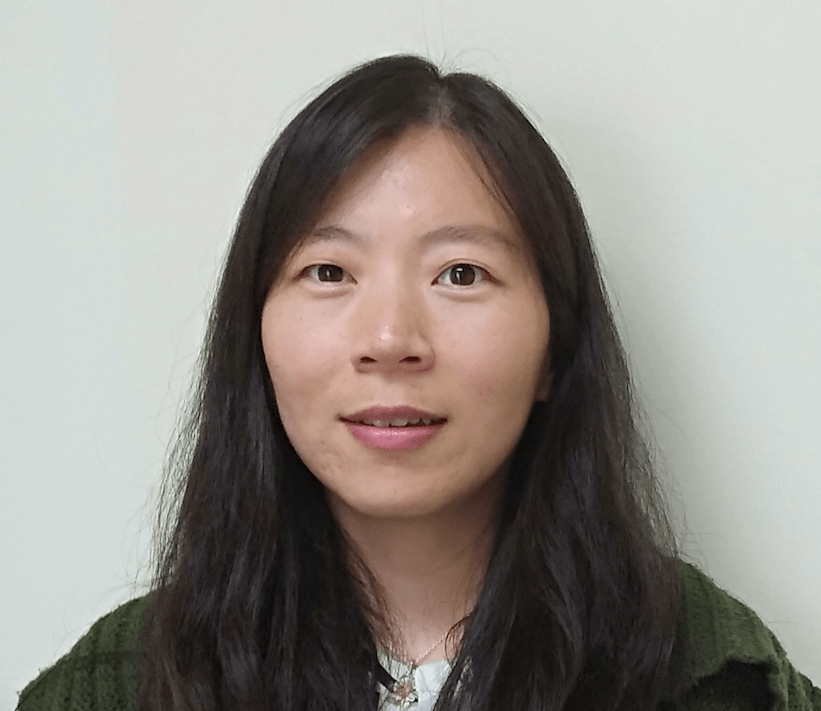
Siyao Xu, PhD
Hubble Fellow, University of Wisconsin-Madison, USA
Dr. Siyao Xu, received the 2019 IUPAP Young Scientist Award during the 36th International Cosmic Ray Conference held in Madison, USA for fundamental theoretical contributions to Astroparticle physics that reveal profound connections among diverse phenomena.”
Siyao Xu is currently a Hubble Fellow at the University of Wisconsin-Madison. She completed her Ph.D at Peking University (Beijing, China) under the supervision of Professor Bing Zhang in 2017. Her thesis on magnetohydrodynamics (MHD) turbulence and its astrophysical applications was recognized with the 2017 International Astronomical Union (IAU) Ph.D Prize and the 2019 Cecilia Payne-Gaposchkin Doctoral Dissertation Award in Astrophysics. Her research focuses on understanding of the fundamental physics of cosmic ray propagation and particle acceleration in high-energy astrophysical environments. Her work demonstrates that the key to studying cosmic ray propagation is to obtain a proper description of MHD turbulence. Her pioneering theoretical studies have been applied for addressing diverse and long-standing astrophysical problems related to gamma-ray bursts, pulsar wind nebulae, and supernova remnants to name a few.
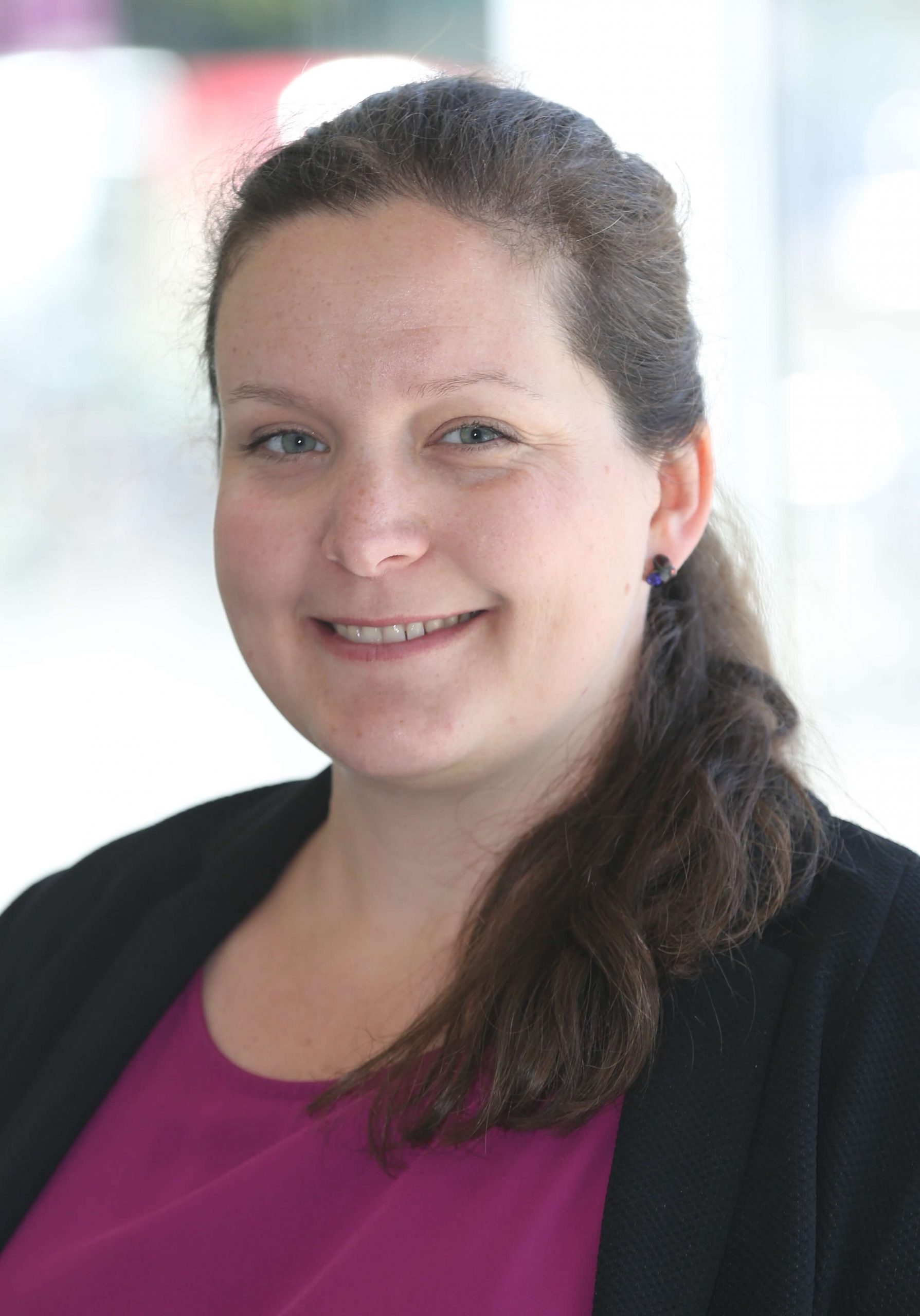
Anna Nelles, PhD
DESY Zeuthen and F.A. University Erlangen, Germany
Prof. Anna Nelles, received the 2019 IUPAP Young Scientist Prize during the 36th International Cosmic Ray Conference in Madison, USA for her outstanding contributions to the development of the new technique of the radio detection of cosmic rays and neutrinos.
Prof. Anna Nelles competed her Ph.D in 2014 at Radboud University Nijmegen, the Netherlands under supervision of Prof. J.R. Hörandel. She had a key role in connecting the activities of the LOFAR radio telescope in Europe with the Auger Engineering Radio Array located in Argentina that contributed to development of radio detection of air showers. Her subsequent postdoctoral work at University of California, Irvine on the ARIANNA project led to significant breakthroughs in detection of ultra-high energy neutrinos. She now holds a joint appointment at DESY Zeuthen and Friedrich Alexander University in Erlangen Nuremberg both in Germany. Her current focus continues to be on the radio detection of neutrinos in challenging but pristine environments of Antarctica and Greenland.
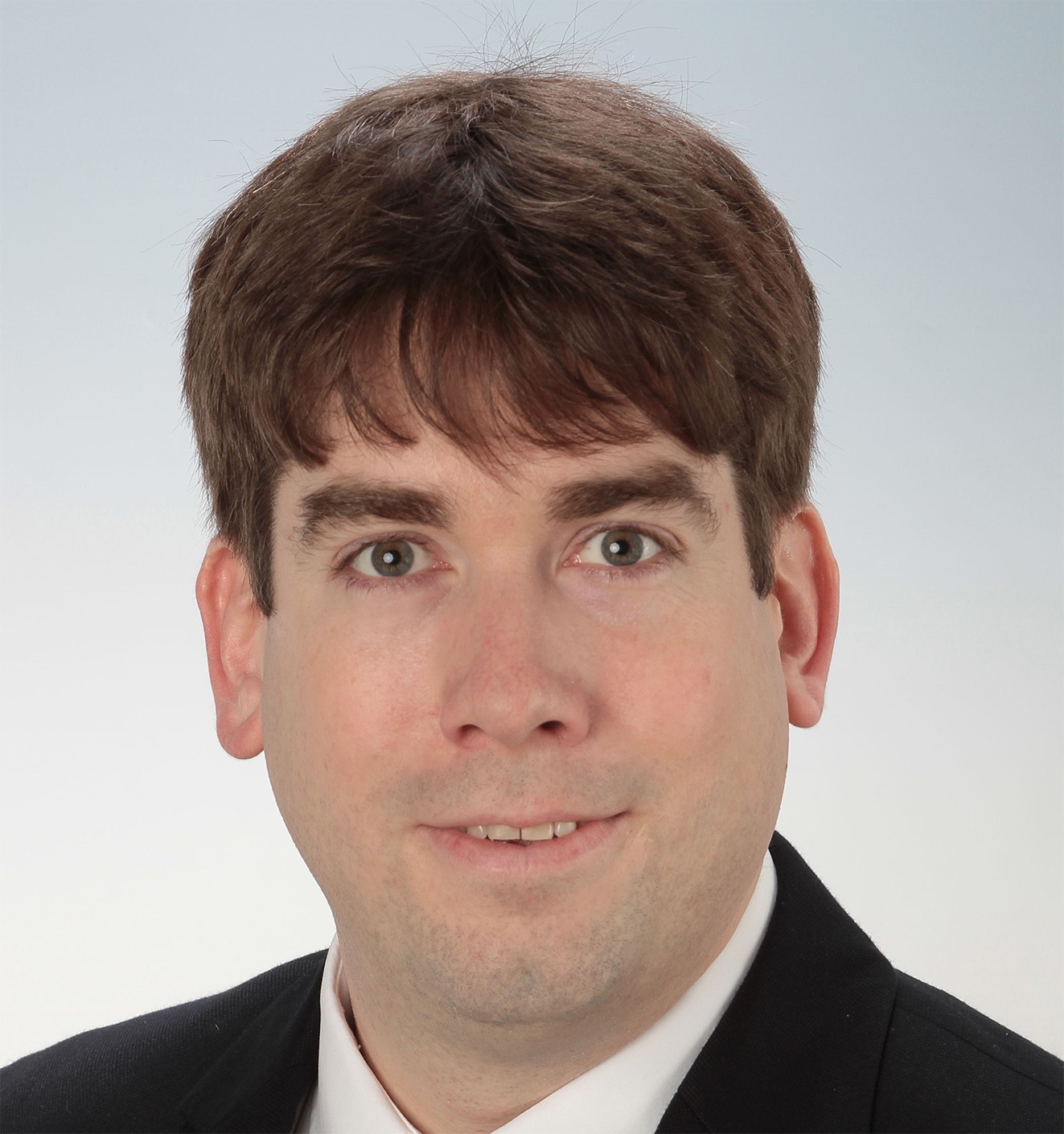
Frank G. Schröder, PhD
Dr. Frank Schröder received the IUPAP Young Scientist Prize in Astroparticle Physics 2017 for his outstanding contributions to cosmic ray physics in general and to the development of radio observations of extensive air showers in particular. After finishing his undergraduate studies of physics with a Diploma from Technische Hochschule Darmstadt (Germany) in July 2007 about detector development for Axion searches, Frank started his PhD in Physics at KIT to study in detail the radio detection technique of high energy cosmic rays at the air shower experiments LOPES in Karlsruhe and the Pierre Auger Observatory in Argentina. After completing his three years PhD study in February 2011 with best marks, he initialised and started his first own project at the Tunka facility in Siberia, where he optimised the radio detection technique. The project was driven by the idea to answer experimentally the question about the sensitivity of the radio signal to the primary mass of the cosmic rays. The success of Tunka-Rex lies in the first experimental correlation of longitudinal shower observations of the radio and Cherenkov light components of extensive air showers. Moreover, he could proof that radio observations allow to reconstruct the shower maximum and the energy of extensive air showers with a quality similar to those of conventional detection techniques. As visiting scientist at the Universidad Nacional de San Martin, Buenos Aires, Argentina in 2013 and at his renewed postdoc position at KIT he further improved his impressive publication record in high-ranking Journals and wrote a comprehensive review article on the radio detection technique.
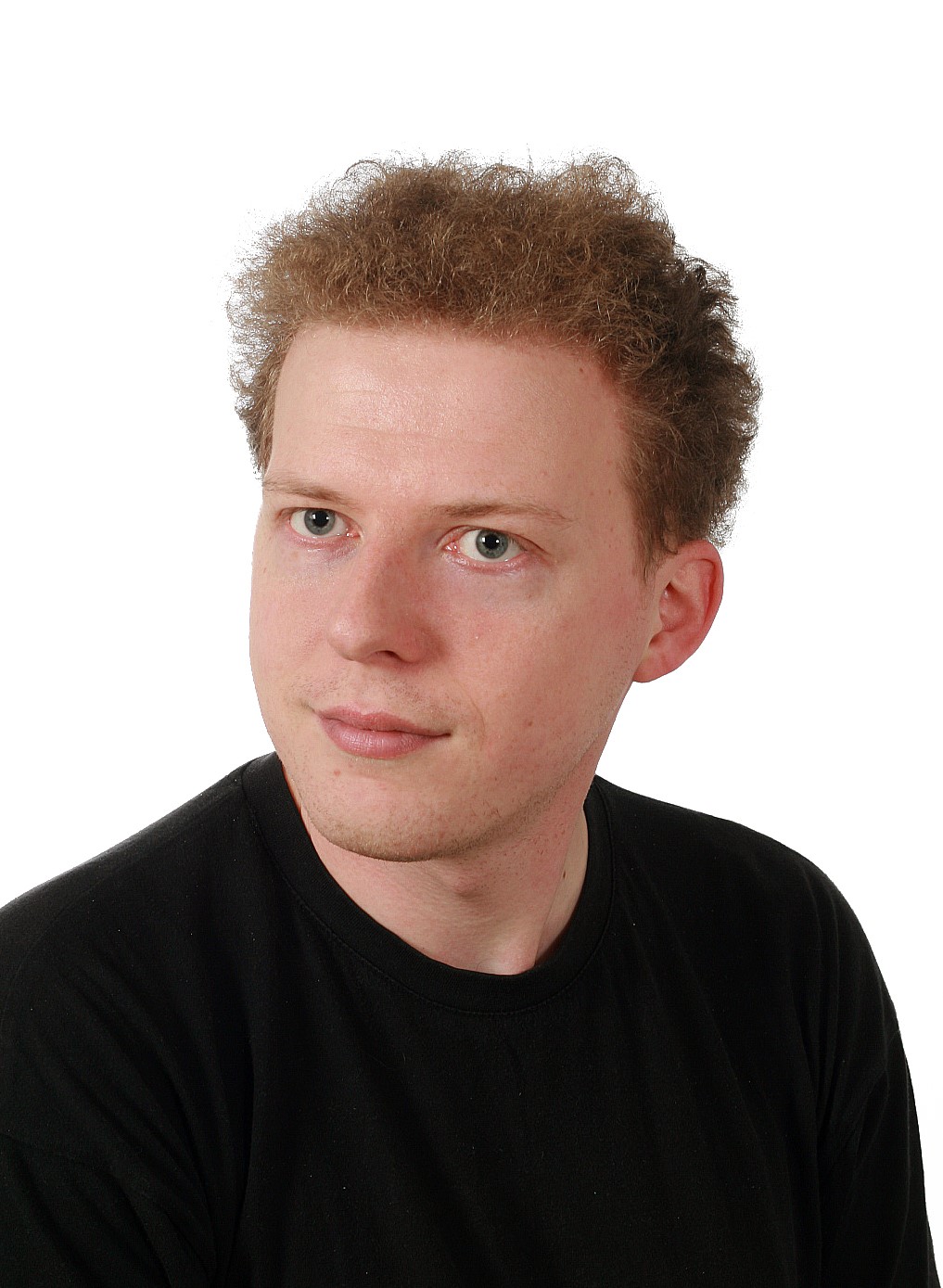
Julian Sitarek, Phd
Dr. hab. Julian Sitarek received the IUPAP Young Scientist Prize in Astroparticle Physics 2017 for his distinguished contributions to high energy astrophysics in general and to TeV gamma-astronomy in particular. He has graduated in Physics at the University of Lodz at the age of 23 and continued for a PhD project at University of Lodz (Poland) and Max Planck Institut für Physik in Munich (Germany). He received his PhD in Astrophysics at the age of 26 based on his contribution to the analysis of data from the MAGIC telescopes and for the development of models for gamma-ray production in cascade processes in active galaxies. Next, he moved for a 3 year postdoc position to the Instituto de Fisica d’Altes Energies (IFAE, Barcelona, Spain) and returned to University of Lodz in 2014 to take a permanent position at the Department of Astrophysics. He continued his very active contribution to the MAGIC Collaboration serving as the coordinator of the software group and one of the coordinators of the AGN group and also continued his interest in theoretical investigation of models for the high energy processes in galactic and extragalactic sources. At the age of 32 he completed a habilitation based on his contribution to the development of the analysis techniques and performance of the MAGIC stereo system and the discovery of gamma-ray emission from a few extragalactic sources, becoming one of the youngest researchers with the degree of habilitation in Poland. Recently, he obtained a prestigious 3 year fellowship for the young researchers from the Polish Ministry of Science and Higher Education and became a principal investigator of the grant from the National Research Center.
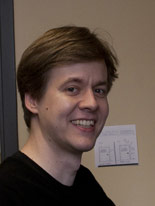
Claudio Kopper, Phd
University of Erlangen, Germany
Claudio Kopper was awarded the IUPAP Young Scientist Prize in Astroparticle Physics 2015 for his outstanding contribution to the analysis of the IceCube Neutrino-Telescope data, leading to the first-ever observation of high-energy cosmic neutrinos.
Claudio received his PhD from the University of Erlangen, Germany, in 2010. As a graduate student, he worked on optimizing the layout of the planned KM3NeT neutrino telescope. After receiving his PhD, Claudio went to the National Institute for Subatomic Physics in Amsterdam, to help finalize the design of KM3NeT and to provide major contributions to the its Technical Design Report. In 2011 he became John Bahcall Fellow at University of Wisconsin, Madison, where he joined the IceCube project and developed novel techniques that improved the the sensitivity in detecting signals from high energy neutrinos. Since 2014, he is a professor at the University of Alberta.
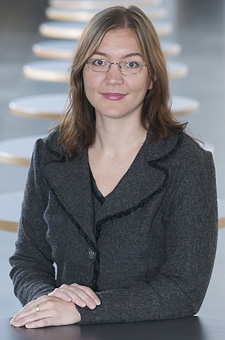
Julia Tjus, Phd
University of Gothenburg, Sweden
Julia Tjus was awarded the IUPAP Young Scientist Prize in Astroparticle Physics 2015 for her outstanding work connecting phenomenology and experiment in neutrino astronomy. After studying physics in Oerebro (Sweden) and Wuppertal (Germany), Julia finished her PhD in 2007 in Dortmund (Germany). After taking a Postdoc position at University of Gothenburg, Sweden, she became Junior Professor at Bochum, Germany, in 2009 and then full professor on plasma astroparticle physics in 2013. Since 2012, she is Member of the Young Academy of the Berlin-Brandenburg Academy of Sciences and Humanities as well as of the German National Academy of Sciences Leopoldina. Her research activities cover the physics for active galaxies and gamma-ray-bursts as potential cosmic accelerators. She is member of the IceCue, HESS, and CTA collaborations.




